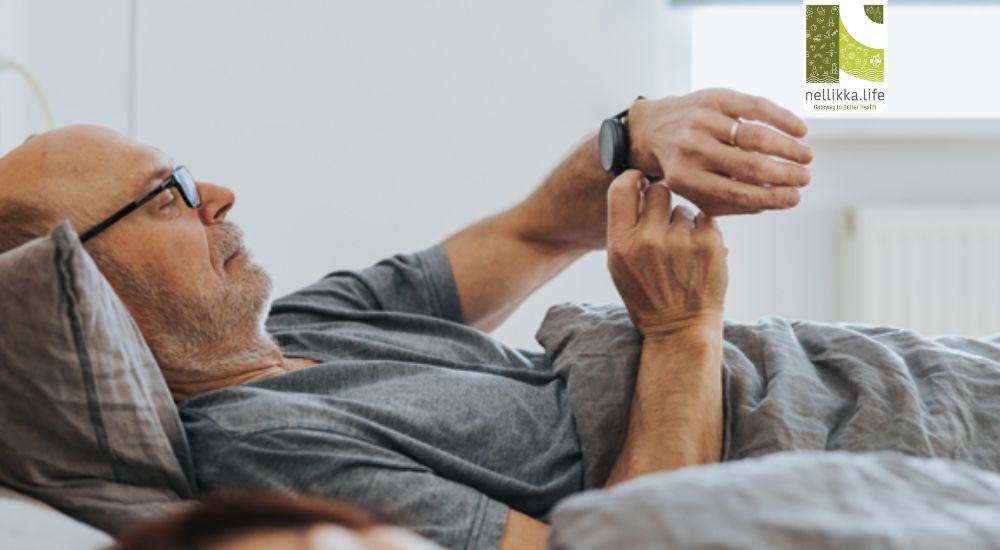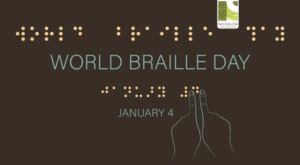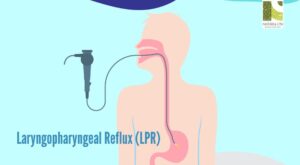Sleep Smarter: A Science-Backed Guide to the Best Sleep Apps of 2025

In our hyper-connected lives, sleep quality often takes a backseat. Thankfully, modern technology offers a variety of apps designed to help us drift off, track our sleep patterns, and build healthier routines. However, not all apps are created equal. Let’s explore what’s worth your time—and what’s backed by research.
What Science Actually Supports
- Evidence is limited: While there are thousands of sleep-related apps, only about 33% have peer-reviewed studies supporting their claims—less than 16% include clinical input, and just 13% link to sleep research[6]
- CBT-I apps work: Digital Cognitive Behavioral Therapy for Insomnia (CBT-I), like the app Sleepio, has shown effectiveness similar to in-person therapy, improving sleep in 50–56% of users .
- Trackers can be helpful: Consumer-grade sleep trackers can be as accurate as a research-grade actigraphy device for general sleep trends[7]. However, they can become stressful or misleading—especially for those already anxious about sleep .
Top Recommended Apps
Sleepio
A structured six-week CBT-I program, developed by sleep scientists. Clinically proven to extend sleep time and improve quality in randomized trials[1].
Calm
Leverages guided meditations, sleep stories, and breathing exercises. User reviews and tests—like one by The Sun—found Calm significantly aided falling asleep [2] Backed by neuroscience-informed mindfulness techniques .
Headspace
Originally a meditation app, it now includes sleepcasts, meditations, and CBT-informed programming. It has helped over 70 million users build better sleep patterns .
Sleep Cycle
Uses sound-based tracking to estimate sleep stages and wake you during lighter sleep. Boasts 15 years of data from 3 billion sleep sessions, offering solid trend insights [3]
Sleep Reset
A science-backed app offering personalized coaching and CBT-based plans, helping reduce reliance on medication[4].
Endel
An AI-powered app generating customized soundscapes for different needs—sleep, focus, relaxation—based on time, heart rate, and environment [5]
Loóna
Award-winning “sleepscapes” combine 3D coloring with storytelling and music to calm the mind—a visually hedonic approach to relaxation [6].
BetterSleep (formerly Relax Melodies)
Offers soundscapes, bedtime stories, guided meditations—and has been praised by CNN for its effectiveness[7].
A Quick Comparison Table
| App | Science-Backed? | Key Strength | Free Trial | Best For |
|---|---|---|---|---|
| Sleepio | Yes (CBT‑I) | CBT‑I structured course | Purchase-based | Chronic insomnia |
| Calm | Moderate | Guided stories & meditations | 7 days free | Relaxation, racing mind |
| Headspace | Moderate | Meditations & sleepcasts | Trial | Mindfulness + sleep |
| Sleep Cycle | Moderate | Smart alarm & tracking | Free version | Insight into sleep habits |
| Sleep Reset | High (clinician-led) | Personalized coaching | 7-day trial | Behavior change |
| Endel | Experimental AI | Adaptive soundscapes | Subscription | Ambient sleep aid |
| Loóna | Moderate (awards) | Visual relaxation + sound | Subscription | Creative wind-down |
| BetterSleep | Low–Moderate | Sound mixes & stories | Free tier | Sound therapy seekers |
How to Choose the Right On
- Know your goal: For insomnia, choose a CBT‑I app like Sleepio or Sleep Reset.
- Track thoughtfully: Use tracking apps like Sleep Cycle only if you’re not anxiety-prone.
- Relaxation tools: Calm, Headspace, BetterSleep, Endel, and Loóna help with winding down.
- Try before you buy: Most apps offer free tiers or trials—evaluate usefulness before committing.
Improving Sleep Beyond Apps
These tools are aids—not cures. Effective sleep hygiene includes:
- Consistent wake-up times
- Limiting screens before bed
- Soothing bedtime routines
- Comfortable sleep environment
Use apps to reinforce habits—not replace them.
Sleep apps can be powerful allies—especially those backed by clinical research like Sleepio, proven through trials, or Sleep Reset, which offers expert coaching. Trackers and relaxation apps can elevate awareness and reduce stress when used correctly.
Ultimately, choose an app that suits your style: structured, passive listening, or creative wind-down. Start small, stay consistent, and pair tech with healthy habits for the best chance at restorative sleep.





